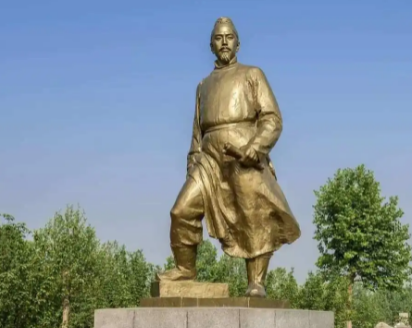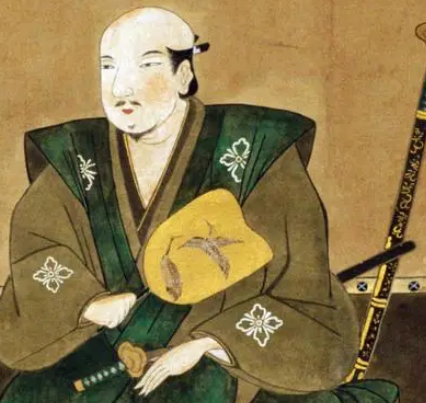In Chinese history, a group of officials in the late period of the Northern Song Dynasty were known as the "Six Scoundrels" because of their abuse of power, corruption, and moral decay. Their existence not only accelerated the decline of the Northern Song Dynasty, but also became an important symbol for later generations to evaluate the political darkness of the Northern Song Dynasty. This article will introduce the identities and official positions of these six officials, and explore their impact on the politics of the Northern Song Dynasty.

1. Cai Jing
Cai Jing was the leader of the Six Scoundrels. He served as Prime Minister three times during the reign of Emperor Huizong of Song, wielding great power over the court. He was known for implementing new reforms, but in reality, he abused his power, excluded dissenters, and led to corruption in the court.
2. Wang Fu
Wang Fu was one of Cai Jing's cronies and held positions such as Minister of Personnel. He colluded with Cai Jing and participated in many acts of bribery and corruption, leaving the national treasury empty and the people in dire straits.
3. Tong Guan
Tong Guan was originally a eunuch and later became the main leader of the imperial guard. He wielded military power and had great influence over the emperor. Known for his cruelty and greed, Tong Guan's military mistakes were also one of the important reasons for the demise of the Northern Song Dynasty.
4. Liang Shicheng
Liang Shicheng served as the Inspector of the Imperial Court, an important supervisory official in the court. However, he abused his authority to cover up the crimes of Cai Jing and others, becoming a member of the Six Scoundrels.
5. Zhu Man
Zhu Man served as the Director of the Imperial Treasury, responsible for managing the country's financial affairs. During his tenure, he aggressively collected taxes, increasing the burden on the people and exacerbating the country's economic problems.
6. Li Yan
Li Yan served as the Supreme Military Commander, responsible for the central military organization. He achieved little in military affairs and colluded with Cai Jing and others, participating in corrupt activities in the court.
Conclusion:
The Six Scoundrels of the Northern Song Dynasty were representatives of political corruption during the reign of Emperor Huizong. They held positions of great power in the court, controlled the military, oversaw supervision, or managed finances, forming a powerful clique of powerful officials. Their existence not only led to the darkness and corruption of the Northern Song Dynasty's politics, but also directly accelerated its demise. This historical phenomenon warns us that corruption of power in any era is a great curse for the country and society, and must be guarded against and prevented.
Disclaimer: The above content is sourced from the internet and the copyright belongs to the original author. If there is any infringement of your original copyright, please inform us and we will delete the relevant content as soon as possible.































